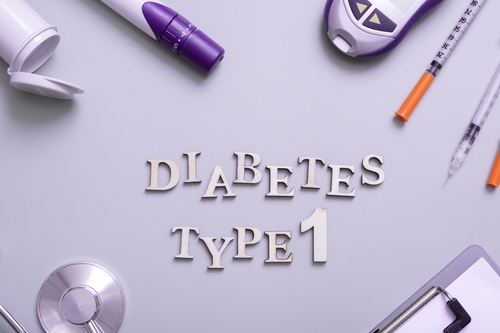
Light-chain (AL) amyloidosis is a rare immune system disorder marked by the buildup of malformed proteins, called light-chains, in the organs. If left untreated, this disorder can progress rapidly and is associated with short survival.
Due to immune system compromise, as well as therapy-related defects, patients with AL amyloidosis are vulnerable to severe COVID-19-related outcomes.
A single-center study published in the European Journal of Haematology assessed AL amyloidosis management during the COVID-19 pandemic. Researchers from the Tom Baker Cancer Center in Alberta, Canada, enrolled 96 patients with AL amyloidosis and immunoglobulin deposition disease (IDD), another plasma cell disorder. The team analyzed patients’ treatment and disease status starting on March 11, 2020.
“[COVID-19] risk factors to consider in this patient population include older age, presence of other medical comorbidities, and the need for frequent contacts with healthcare facilities and laboratories for follow‐up,” the investigators wrote.
Following pandemic onset, treatment was discontinued if patients achieved at least a very-good partial response (VGPR) following induction therapy. Seven patients discontinued all treatment after achieving VGPR. Most patients had some form of therapy modification, including reduction or discontinuation of treatment. Three patients died since the pandemic, two from complications of systemic AL amyloidosis and one from an unrelated cause. In total, 28 patients were tested for COVID-19, and all tests came back negative.
One patient with undetermined monoclonal gammopathy was put on clinical surveillance following decompensated heart failure and perforated gastrointestinal tract. Duodenal biopsy matched with a new diagnosis of AL amyloidosis. This patient died of complications from acute presentation. Another patient being surveilled for smoldering myeloma, who was later diagnosed with AL amyloidosis and put on treatment, was repeatedly admitted for heart failure and infectious complications. According to the investigators, these two cases highlight the risk of delays in prompt amyloidosis diagnosis due to limited clinical follow-up.
“The management of AL amyloidosis and IDD must be individualized on the clinical characteristics, centers’ access to care under the pandemic restrictions, and the epidemiological aspects of the outbreak,” the researchers concluded.







 © 2025 Mashup Media, LLC, a Formedics Property. All Rights Reserved.
© 2025 Mashup Media, LLC, a Formedics Property. All Rights Reserved.